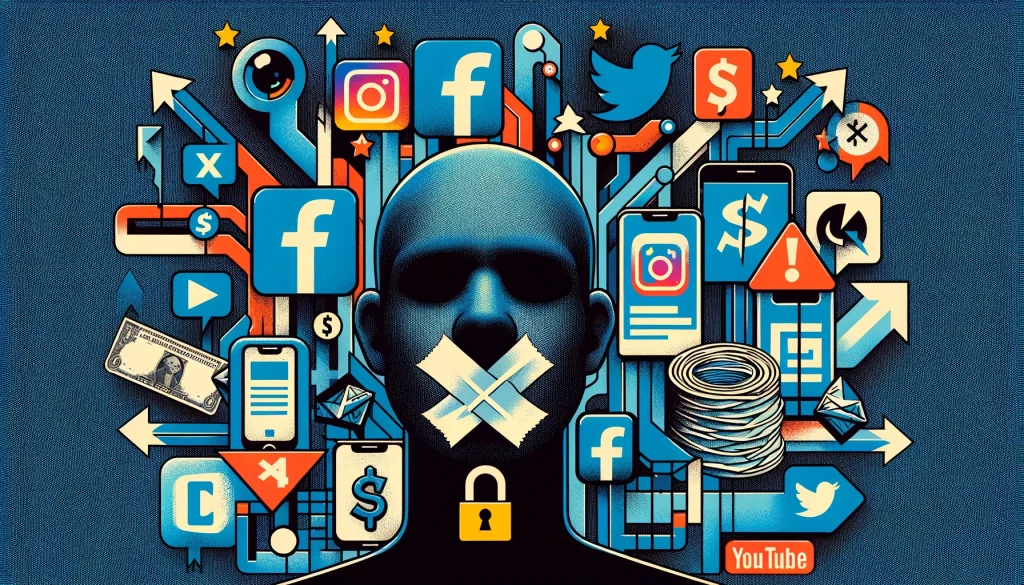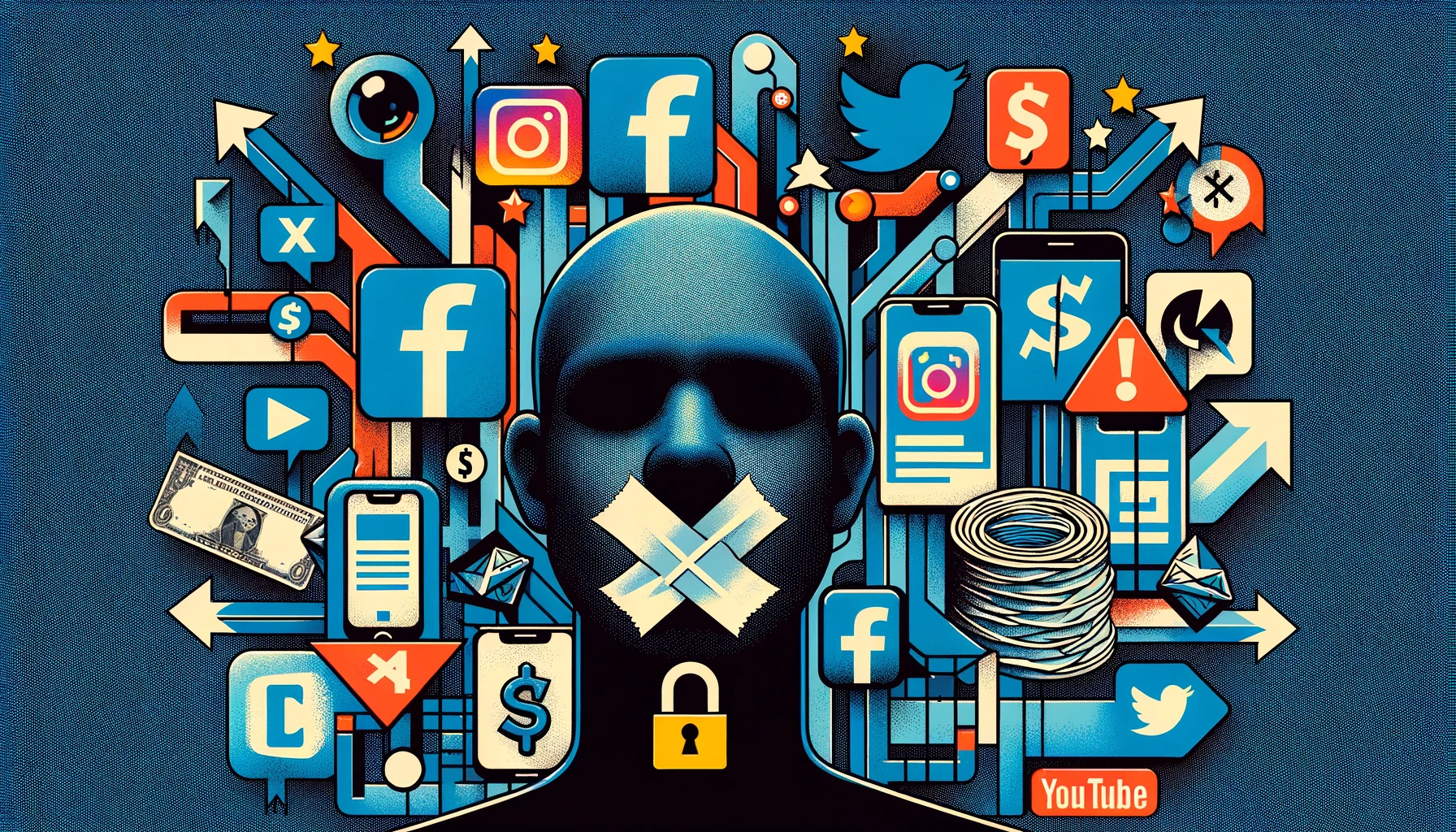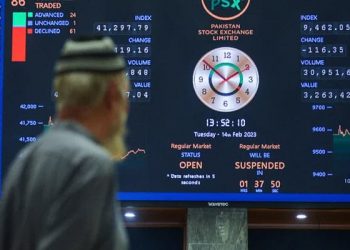A critical discussion is on the horizon in Pakistan’s Senate, aiming to address the growing concerns over the influence of major social media platforms on the nation’s youth. The proposed resolution seeks to ban popular networks like Facebook, TikTok, Instagram, X (formerly Twitter), and YouTube, citing their “negative and devastating effects.”
THE ECONOMIC TOLL OF SOCIAL MEDIA BLOCKADES
In an unprecedented move, Pakistan has restricted access to the popular social media platform X, following allegations of election rigging that have stirred national controversy. This blockade, initiated on February 17, has not only curtailed freedom of expression but is also poised to inflict substantial economic damage. Alp Toker, director of NetBlocks, estimates the disruption could cost the region upwards of $50 million, considering the losses in productivity and missed business opportunities.
“The disruption to X in Pakistan could have an economic impact in the region of $50m, based on our COST outage disruption impact estimator. This takes into account lost productivity and lost business and investment opportunities,” Toker said in a statement sent to Anadolu Agency.
BACKGROUND TO THE BAN
The ban came in the wake of viral social media content alleging manipulation of election results by an elections officer in Rawalpindi. Despite the government and the Election Commission’s dismissal of these allegations, the blockade persists, marking Pakistan’s entry into a small group of countries with extended restrictions on global social media platforms.
DIGITAL RIGHTS UNDER SIEGE
Digital rights activists highlight the broader pattern of internet disruptions experienced by millions of Pakistani users, notably during critical times such as the recent elections. The absence of official communication from the Pakistan Telecommunication Authority (PTA) exacerbates the situation, fostering an atmosphere of distrust and uncertainty among the populace.
A PATTERN OF DISRUPTIONS
This is not the first instance of internet and social media service suspensions in Pakistan. Previous disruptions have significantly impacted the country’s IT sector, with a notable incident last May resulting in losses between $30 to $35 million in just one week. With a burgeoning IT sector and an increasing reliance on e-commerce platforms like Amazon, such suspensions pose a serious threat to economic growth and international business relations.
THE IMPACT ON INFORMATION AND BUSINESSES
Beyond economic losses, restrictions on social media platforms severely hinder access to timely and authentic information, affecting journalists, businesses, and the general public alike. The role of platforms like X in disseminating information and enabling international communication is crucial, particularly in sectors like media and IT. The government’s actions, therefore, not only damage Pakistan’s economic fabric but also its informational ecosystem, potentially paving the way for misinformation and fostering governmental mistrust.
THE HEART OF THE MATTER
Senator Bahramand Khan Tangi, who recently faced expulsion from the PPP, has propelled this resolution into the Senate’s agenda. Despite his controversial standing within his former party, Tangi’s proposition is slated for debate in Monday’s Senate session. This move underscores the growing apprehension regarding the digital realm’s impact on cultural and religious norms within Pakistan.
CRUX OF THE RESOLUTION
The resolution articulates a concern that these digital platforms are being utilized to undermine Pakistan’s core values, fostering divisiveness based on language and religion, and disseminating false narratives against the country’s armed forces. It highlights the misuse of social media for spreading fake news and artificially elevating certain individuals to leadership positions, misleading the youth.
A TIME OF DIGITAL DISRUPTION
This call for a widespread ban comes amidst existing disruptions to X’s services in Pakistan, following the contentious aftermath of the general elections on February 8. The proposed blanket ban on these platforms marks a critical juncture in the country’s approach to managing digital influence and safeguarding societal norms.
PPP’S STANCE ON THE RESOLUTION
The PPP has officially distanced itself from Tangi’s resolution, urging him to refrain from associating with the party. Senior party leader Nayyar Bukhari emphasized that Tangi no longer represents the PPP, following his failure to align with the party’s policies and his impending retirement from the Senate.



















